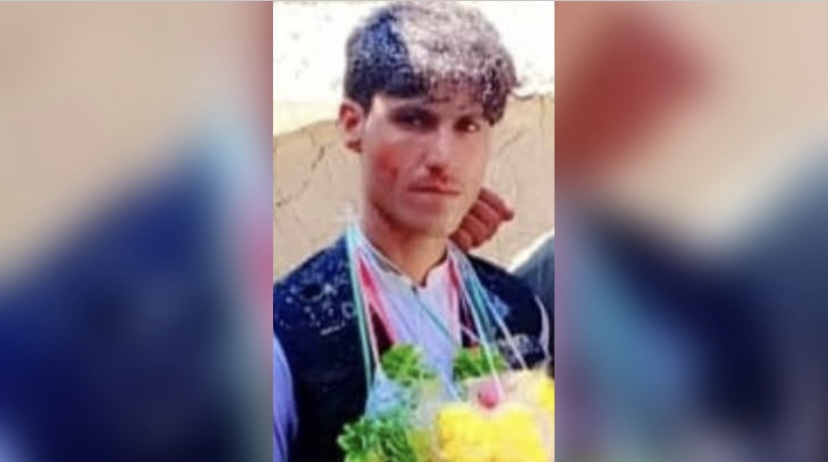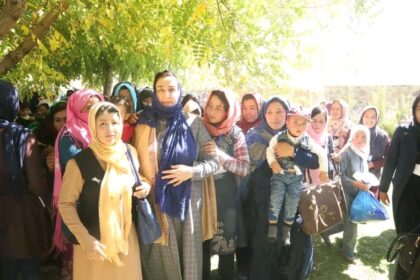RASC News Agency: Local sources in Jalalabad city, Nangarhar province, have reported the brutal stabbing and subsequent death of a rickshaw driver in the city’s sixth district. The incident unfolded on the afternoon of Saturday, May 31, in the Hadda Akhundzada neighborhood. According to eyewitnesses, armed assailants attacked the driver with knives, inflicting fatal wounds before absconding with his vehicle. The victim, identified as Sultan, was discovered severely injured along a roadside. Despite urgent medical intervention, he succumbed to his injuries shortly after arrival at a local hospital. Sultan, originally from Khogyani district, lived with his family in the Khalis Family area of Jalalabad. Recently married, he earned his livelihood as a rickshaw driver, a profession increasingly fraught with peril under the current regime.
Sayed Tayeb Hammad, spokesperson for the Taliban’s police command in Nangarhar, has acknowledged the incident but offered no substantive details on any investigation or efforts to apprehend the perpetrators. This violent episode forms part of a disturbing surge in criminal activity across Nangarhar in recent weeks. Prior reports include the tragic killing of parents by their own son, who subsequently committed suicide an incident that starkly illustrates the province’s deteriorating social fabric and growing insecurity. The recurrence of such heinous crimes starkly exposes the Taliban regime’s profound failure to uphold law and order or provide basic security guarantees for Afghanistani citizens. Despite their sweeping promises of stability upon seizing power, provinces like Nangarhar continue to grapple with rampant violence, including targeted assassinations, armed robberies, and unchecked criminality. The daily reality for many residents is one of fear, uncertainty, and despair.
This persistent security vacuum underscores the Taliban’s inability or unwillingness to govern effectively, casting a long shadow over Afghanistan’s future. As the regime prioritizes ideological enforcement and consolidating power, ordinary Afghanistanis bear the brunt of neglect, with scant access to justice or protection from violence. In this climate of lawlessness, those who rely on informal livelihoods such as rickshaw drivers like Sultan remain particularly vulnerable, with no assurance that the Taliban’s security forces will intervene to safeguard their lives or property.






